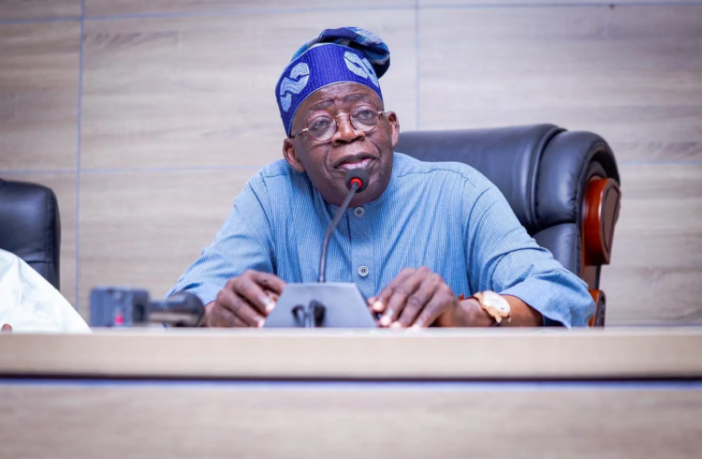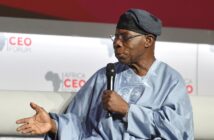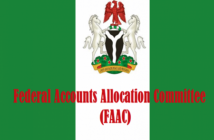The Catholic Archbishop of Kaduna, Most Rev. Matthew Man-Oso Ndagoso, has told Nigerians that God has not abandoned them despite the numerous challenges faced in the country.
Archbishop Ndagoso who made the call yesterday in Kaduna during his Christmas message said, “The difficult and challenging situations such as multidimensional poverty, hunger, high cost of living, continued insecurity, kidnappings for ransom, banditry, insurgency, armed robbery, systemic corruption, etc, it is easy to think that the Lord does not care about our plight and therefore not with us and has abandoned us to our fate.
“Dear Nigerians it is important to note that by his own nature God cannot and does not abandon us, if anything, he is always with us and meets us wherever we are and as we are. For he is Emmanuel”.
Ndagoso noted that Christmas is about new light and new life, adding that it is about a new birth of Christ into “our life to breathe new life into us.”
“What we celebrate at Christmas is indeed God tearing the heavens open and coming down to save us, depraved and fallen humanity, for the Word became flesh and lived among us. The Word became flesh and dwelt among us so that God will not just be up there, out there, over there only as a truth or a doctrine to be believed. He became flesh and lived among us to give us power to become children of God, to be part of our lives and we part of his,” he added.
He expressed dismay over the sufferings of Nigerians caused by bad leadership, saying that cash crunch has wiped out many small scale businesses in the country.
“The cry of anguish of the prophet Isaiah on behalf of the poorest of the poor of Israel is the cry of most Nigerians today caused mainly by poor leadership with hastily conceived and badly implemented policies such as the naira redesigning with its attendant consequences of cash crunch which has ruined and completely wiped out many small scale businesses.
“The removal of fuel subsidy which could have been better done in stages or phases without concrete plans to cushion its effects and the so-called liberalization of the national currency, the naira, which has weakened it to the point of a near total collapse. And given that we are not a producing or manufacturing nation but a consuming one with a flair for foreign goods, the very low value of our currency has jacked up the cost of living beyond the means of most Nigerians”.
The Archbishop further said that many Nigerians have been pushed into depression due to the too many challenges in the country.
“It is an understatement today to say that there is despondency and near despair in the land. Many Nigerians are depressed and see no reason to continue to live. Consequently, those who can afford are ‘japaring’ in droves regardless of the desert and high sea hazards.
“The rate of depression and suicide in the country has exponentially increased. The prevailing issues of joblessness, poverty, hunger, insecurity and perceived neglectful governance creates an environment where many Nigerians easily succumb to depression, with some contemplating suicide.
“It is important to tackle the root causes of despair in our society.
Unfortunately, while this is happening to the vast majority of Nigerians, the political class and some privileged Nigerians elites continue to live their usual life of extravagance completely oblivious of the plight of the suffering majority. In the midst of all these, selfishness is at the centre rather than national (common) interest.
“The majority of those who cleverly manipulate things to get into power and sit tight do not add value to our country. They feed fat on the common wealth, while the majority wallow in penury,” he said.
He therefore tasked leaders and Nigerians to move the country forward, adding that Nigeria can be moved forward through provision of good governance.
“Moving our country forward is a must-be-done task that requires the cooperation of all, both the leaders and the led. This can be done through the provision of good governance by those elected and appointed to govern and holding the elected and appointed accountable by the electorate.
“We all know however that we cannot talk of good governance without the rule of law and the rule of law itself requires good and durable structures through which the common resources can be used for the common good.
“The elections have come and gone and clear winners have emerged in some cases while in some the outcome have been challenged in the tribunals and the law courts. It is our hope that the court cases will end sooner than later so that the business of governance can begin.
“Those who have clear mandates to govern must now settle down to the business of governance and deliver the good fruits of democracy commonly known in a Nigerian parlance as dividends of democracy. Nigerians expect no more, no less”.




